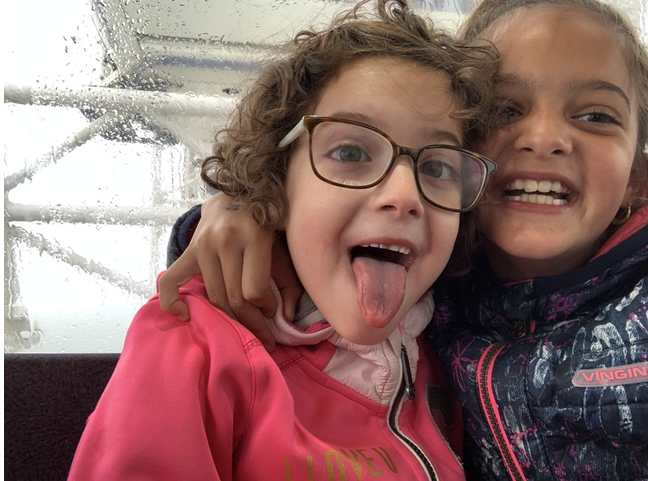The Meaning Is the Message: Is Your Work Meaningful?

Arjan van der Velden
Chief of Staff
RGA EMEA
This question was posed many years ago by the Chief Executive Officer of the company I worked for: is your work meaningful? Since I work in the insurance industry – which plays a very large role in protecting the financial well-being and security of individuals and families – I would like to say, “Yes.” There is certainly satisfaction in knowing that somewhere down the road, the work I do ultimately plays a part in a family having a roof over its head, or a child going to university.
It is also true, however, that a great deal of my work is focused internally in my company, so that the effect on people I may never look in the eye is harder to measure. Am I ultimately benefitting them, or just benefitting shareholders? Let’s not forget – shareholders are people, too! When I look at my own eyes in the mirror, do I have a sense that my skills, and the things that I’ve learned, have meaning?
A sense of meaning is one of primary needs in the famous Maslow Hierarchy of Needs. While not as fundamental as food and shelter, it is an innate human need, and part of “self-actualization.” For me, I wondered if my business skills and my personal interests might overlap in a way that helps others. In business, my role calls for me to both understand the big picture as well as all the little details. In my personal life I am a big sports fan, and so I started out by volunteering to organize charity golf tournaments associated with the foundations of former Dutch professional football players, such as the foundations of Dirk Kuyt, Edwin van der Sar and Ruud van Nistelrooy. While I thought I was applying the things I’ve learned to my volunteering, I soon found that I was learning important things from my volunteering that helped my professional business life.
One of these things is that you absolutely cannot be successful by yourself, no matter how hard you work. You need other like-minded people who share your goals to help out by providing both energy and synergy. Once another tournament organizer, whom I happened to meet during a golfing event, and I teamed up, we were very successful putting charity tournaments together for 10 years. It helped me learn a kind of strange mathematics from volunteer work: sharing is multiplying, and dividing is multiplying. When you collaborate, share a vision, divide the work, and respect each other’s capabilities, you get more. It’s funny how that has also turned out to be true in business.
I also learned that, no matter how experienced and well-organized you are, there will inevitably be a moment in the middle of organizing an event, or pursuing a business objective, where you absolutely think you are about to fail. It always happens! If you accept that thought, and pull back, you will of course fail. But if you keep pushing, and rely our own and other people’s capabilities, you will succeed. Volunteering helped me learn to trust myself and my experience in order to succeed. But it’s never easy to walk on new paths. “Without challenge, there is no progress,” a former colleague told me once, and I believe that is true.
Ironically, helping with other people’s causes ultimately prepared me for dealing with a very personal cause that is now at the center of my life. In 2014, my second daughter, born in 2012, was diagnosed with a rare form of epilepsy, known as Dravet Syndrome. It is a critical, chronic, and heart-breaking disease with no cure as yet, and few therapies. In the face of such a grim prognosis, that familiar sense of inevitable failure arose – and again, I chose to push on and combine my efforts with those of others. I repurposed my volunteering efforts to help the Dutch Dravet Syndrome Foundation, and switched from organizing charity golf tournaments to things such as cycling, which is also are more “capital efficient.” Within most charity golf tournaments, you often lose money raised to pay for the golf course, food and beverage; with cycling and running sponsorships, almost all of the money goes to the cause, because you mainly use your own muscles!
While I am fairly confident that the professional work I do will ultimately help society, I am absolutely positive that my volunteering on behalf of the Dravet Foundation – which is almost completely organized and administered by mothers of children afflicted with the disease – is helping, bit by bit, to make things better. It also demonstrates again the value of the relationships we build, something I can appreciate better in my business life after having seen it so often in my volunteering life. Perhaps it is best summed up in the motto of the Dravet Foundation: Alone we are strong, together we are stronger!

